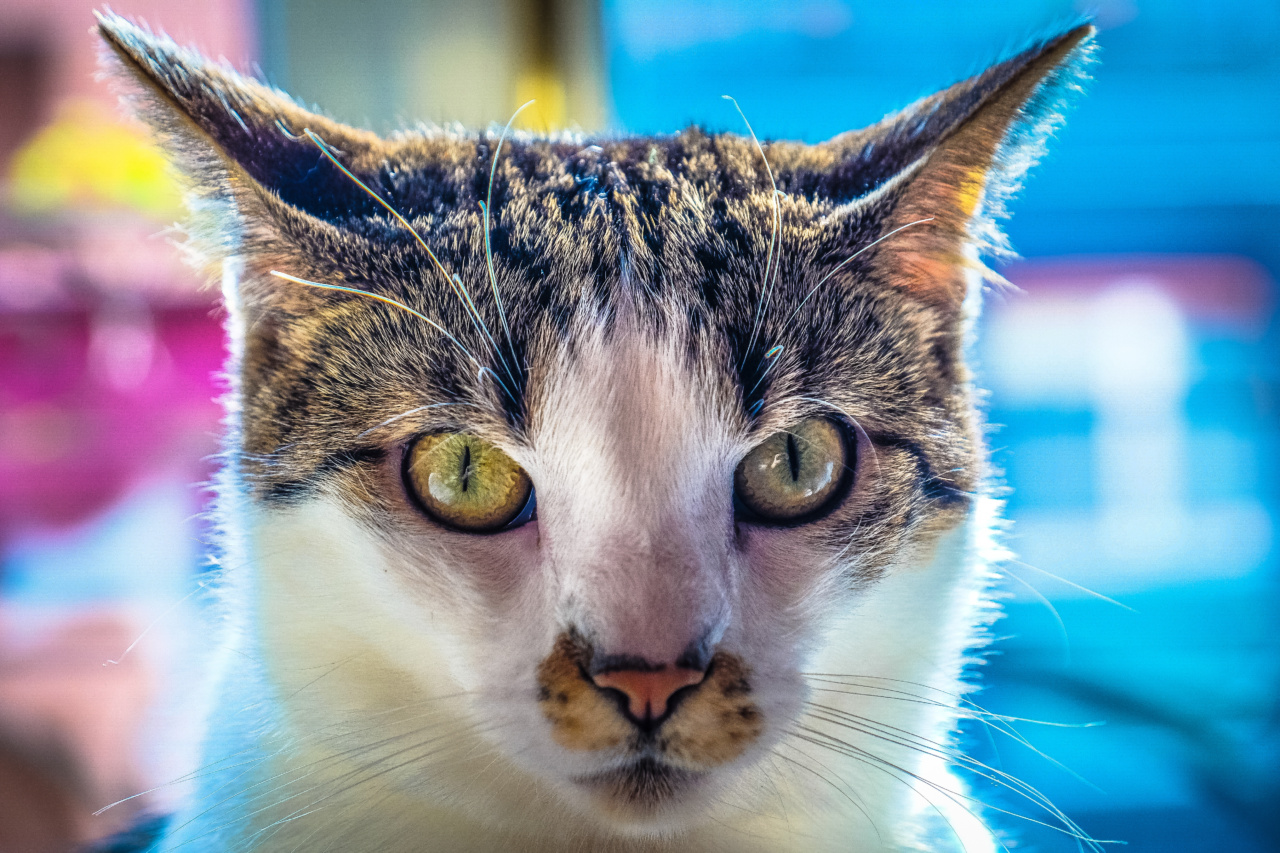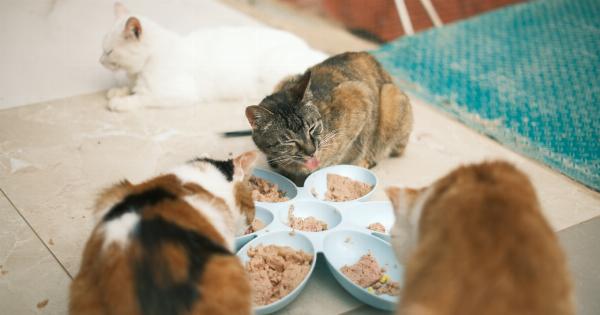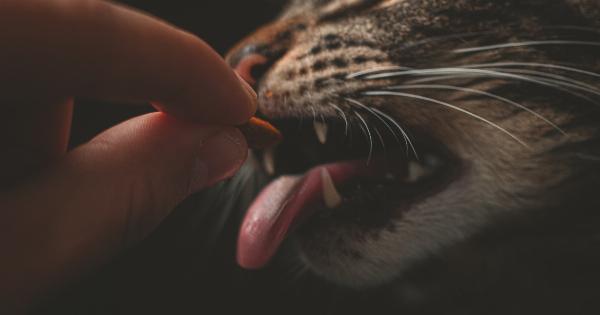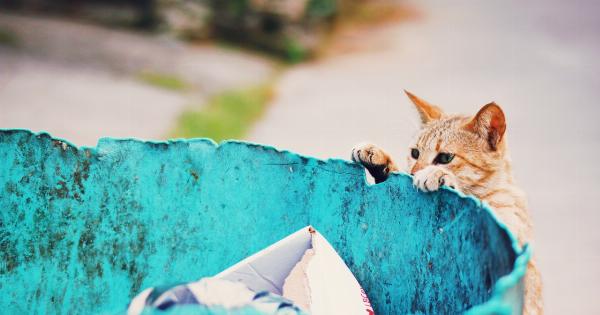As a responsible cat owner, it is crucial to understand the importance of water intake for your feline companion. Just like humans, cats require an adequate amount of water to maintain their overall health and well-being.
Water is essential for various bodily functions, including digestion, circulation, temperature regulation, and toxin elimination. In this article, we will explore the significance of water intake for cats and provide you with essential information to ensure your furry friend stays hydrated and healthy.
Understanding the Water Requirements of Cats
Cats have a higher percentage of water content in their bodies compared to other animals. While some animals may obtain water through metabolic processes, cats rely heavily on external water sources for hydration.
In the wild, their feline ancestors primarily obtained water through their prey, which had a moisture-rich diet. However, domesticated cats often consume dry kibble diets that have significantly lower water content. As a result, it is vital for cat owners to ensure their pets have access to fresh water at all times.
Health Benefits of Proper Hydration for Cats
Proper hydration plays a crucial role in maintaining your cat’s health. Here are some key benefits of ensuring your feline friend remains adequately hydrated:.
1. Prevention of Urinary Tract Diseases
Cats are prone to urinary tract diseases, such as urinary tract infections or urinary stones. Adequate water intake can help dilute the concentration of urine, preventing the formation of crystals or minerals that may lead to these diseases.
Increased water intake also promotes frequent urination, which helps flush out any potentially harmful substances in the urinary tract.
2. Prevention of Dehydration
Dehydration can be dangerous for cats and may lead to severe health issues if left untreated. By encouraging your cat to drink sufficient water, you can prevent dehydration and its associated complications.
Signs of dehydration in cats include increased heart rate, dry mouth, sunken eyes, loss of skin elasticity, and lethargy.
3. Maintenance of Kidney Function
The kidneys play a vital role in filtering waste products from the bloodstream and regulating water balance in the body.
Sufficient water intake helps maintain optimal kidney function and prevents the formation of kidney stones or other kidney-related problems.
4. Prevention of Digestive Issues
Inadequate water intake can contribute to constipation and gastrointestinal problems in cats. Water helps soften the stool, making it easier for your cat to pass. It also promotes healthy digestion and prevents issues such as gastric reflux and bloating.
How to Increase Water Intake for Your Cat
Encouraging your cat to drink more water can sometimes be a challenging task. Here are some strategies to increase water intake:.
1. Provide Fresh Water
Ensure your cat always has access to clean, fresh water. Cats are more likely to drink water that is refreshed frequently. Some cats prefer running water, so you may consider investing in a cat water fountain.
2. Wet Food
Incorporating wet food into your cat’s diet can significantly increase their water intake. Canned cat food has higher water content compared to dry kibble, serving as an additional source of hydration.
3. Multiple Water Stations
Place water bowls in several locations throughout your home to provide easy access to water. This is particularly useful if you have a multi-level house or if your cat tends to stay in one area for extended periods.
4. Flavor the Water
Some cats may prefer the taste of flavored water. You can add a small amount of tuna juice or low-sodium chicken broth to make the water more enticing.
5. Cat Water Fountains
Consider investing in a cat water fountain. The continuous flow of water can attract your cat’s attention and encourage them to drink more. Additionally, flowing water is often more appealing to cats compared to stagnant water.
Hydration Tips for Cats
Here are some additional hydration tips to keep in mind:.
1. Observe Your Cat’s Water Intake
Monitor your cat’s water intake on a daily basis. This will help you establish their normal drinking habits and identify any sudden changes, which may indicate an underlying health issue.
2. Regularly Clean Water Bowls
Regularly clean your cat’s water bowls to ensure they have access to fresh, uncontaminated water. Bacteria can quickly grow in dirty bowls, potentially causing illnesses.
3. Consult Your Veterinarian
If you have concerns about your cat’s water intake or suspect dehydration or any other health issue, consult your veterinarian. They can provide guidance tailored to your cat’s specific needs.
By prioritizing your cat’s water intake, you can significantly contribute to their overall health and well-being.
Remember, ensuring your feline companion stays properly hydrated is essential for preventing various health issues and promoting a long, happy life.































